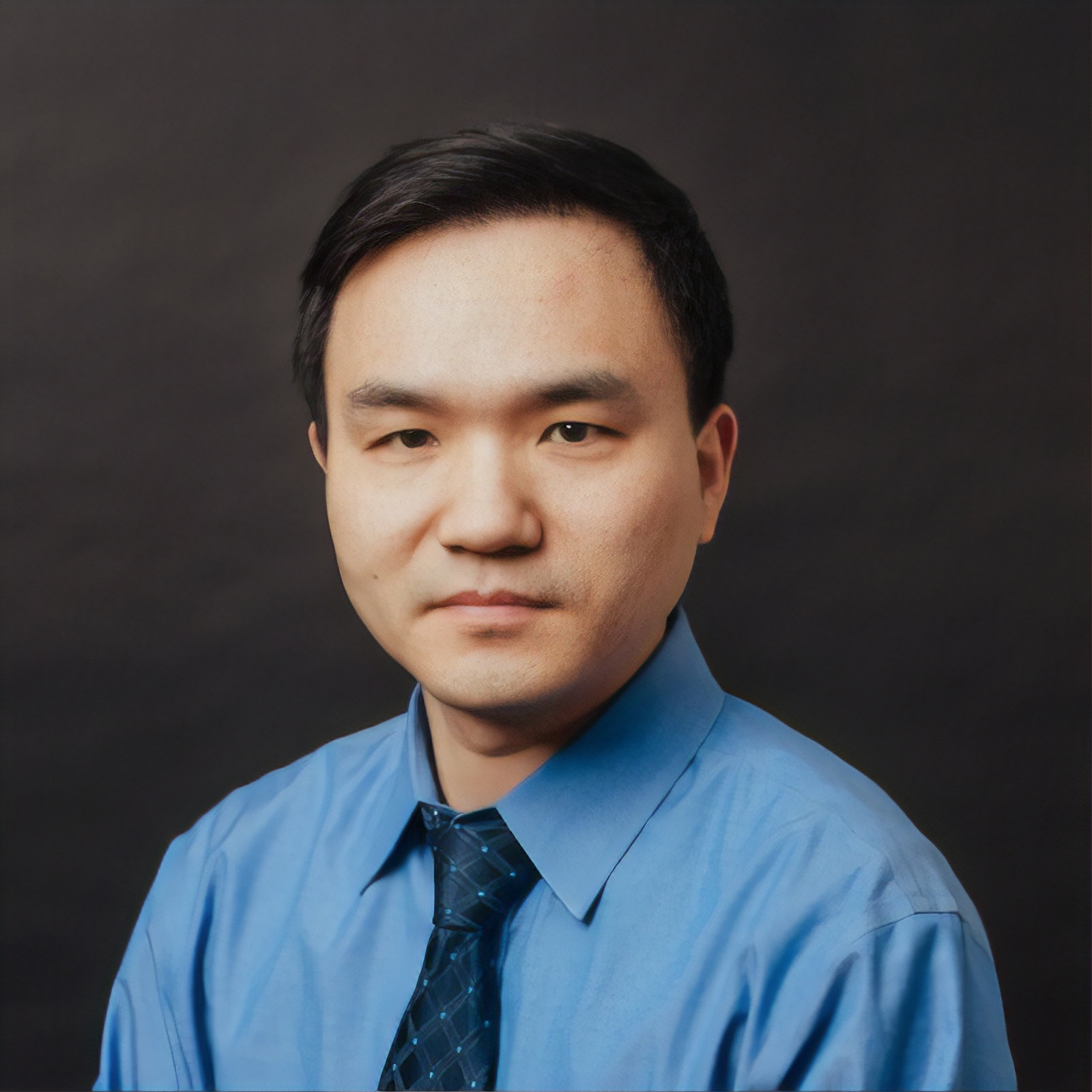Liang Du, an electrical and computer engineering professor, was at the mall for Thanksgiving weekend when he received an email from the National Science Foundation explaining that his project proposal was being considered for funding.
“It felt unreal and exciting,” he said.
Now, Dr. Du is the recipient of an NSF CAREER Award for his project “Redesign of Ancillary Services via Aggregation and Disaggregation of Information, Flexibility, and Capability.”
The Faculty Early Career Development Program seeks out early-career faculty who could be future academic role models and leaders in research and education in their field and grants them the NSF’s most prestigious awards. Dr. Du is the College of Engineering's seventh CAREER Award recipient since 2019.
The project proposal focuses on using distributed energy resources and electric vehicles in future clean power grids.
“This proposal presents significant societal, economic and technological impacts by providing the much-needed science and engineering principles for fully exploiting the full potential of distributed energy resources and electrified transportation in the next-generation decarbonized power grids to alleviate uncertainties caused by climate change,” Dr. Du said.
Issues arise from the fast-growing use of distributed energy resources and the rapid production of electric vehicles, as well as from the worsening issue of global climate change. In recent years, widespread and prolonged power outages have become increasingly more severe and frequent.
Beyond exposing the faults of the electric grid, these shortages—often caused by extreme weather events—can have significant impacts on community health, as seen in the Texas blackout, which caused an estimated $195 billion in property damage and contributed to the loss of hundreds of lives.
In 2021, there were 63 reportable outage events in Pennsylvania, which was the highest number of events that have been recorded, impacting nearly two million power customers, according to the Pennsylvania Public Utility Commission. The increase in power outages has been driven by the increase in severe weather.
The current ancillary services that maintain the power grid have proven to be costly, ineffective and inefficient in facing these rising concerns, leading to the solution posed by Dr. Du’s research: transforming the conventional energy operations into a capacity-flexibility dispatch and re-dispatch control framework. The redesign would allow future clean energy power grids to respond successfully to climate-induced threats.
Du’s research involves three major technical innovations:
- Exploring the mathematical models and nodal aggregation of flexibility in distributed energy resources and electrified transportation;
- Developing control policies for the proposal that will be solved precisely with guaranteed performance and approximately as a data-driven problem; and
- Aggregating nodal information to determine ancillary service requirements, which will be further integrated into a unified theoretical framework.
“The proposed redesign of ancillary services has the potential to significantly lower energy costs and directly benefit national economic growth, alleviate widespread utility hardships in low-income and underserved areas, substantially reduce the frequency and severity of power outages caused by extreme weather events and mitigate billions of dollars in power outage-related property damage costs and life-threatening risks,” Du said.
The CAREER Award will allow Dr. Du to have a broader impact on the field of electrical and computer engineering, especially for students from underrepresented groups. His project aims to generate summer research programs, workshops, capstone projects and open-access curriculum materials for pre-college and undergraduate students to engage in research and education.
This award-winning project could potentially provide power system operators with the technological advancements to integrate large-scale renewable energy and enhance grid resilience. Still, he plans to “keep working, hiring PhD students and attracting more support and collaboration.”
Making his name known in the world of computer and electrical engineering with a CAREER Award, Dr. Du has the power to change the energy grid as we know it.

